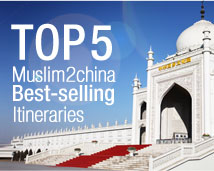Mountain call and Mountain open
Mountain call and Mountain open are ceremonies held in Wuyi imperial tea garden. County magistrate used to take the chair of the Mountain Call ceremony on Jingzhe Day(惊蛰). In the scheduled procedure, tea planters call out together “tea, tea, sprout”. By doing this, they pray god for the blessings of tea harvest.
Mountain open is set three days before summer begins. Tea planters must pray silently in front of Statue of Founder of tea making Taibai Yang(杨太白) and offer sacrifice to it. After that, A specially –assigned person send them to tea field. They spread out to pick tea. At sunrise, when dew nearly dry, that specially appointed person give them cigarettes to smoke. It means that tea planters could then speak to each other. Mountain open comes to an end. These are unique customs of Wuyi.

Tea Picking Opera
Mt.Wuyi area is the birthplace of tea picking opera. Developed from local folk dances and songs, the opera is hilarious and describes people’s daily lives. The Tea Picking Opera has strong rural flavour and basics of Hakka culture in its performances. This has made it popular in the local areas.
It originally centred on picking tea on harvest days. It then progressed to reflect other labour and love stories of tea planters. Most of the operas are comedies. There is usually one tea planter and two young girls, who mainly sing historical stories or folk tales in the performance. The gong, drum, cymbals and flute go along with the music, while the performers use colored ribbons, fans and handkerchiefs.
As tea-picking Opera is closely related to the local culture and people, its art value has been recognized worldwide.

Customs of Marriage
The traditional marriage custom includes the following procedure: matching making, marriage interview, exchange of birth cards, sending the dowry, moving to groom’s house, visiting bride’s parents. Among those, exchange of birth cards is very subtle. Birth cards were put in front of memorial tablet of the forefathers, joss sticks and candles lit for seven days. If candles or joss sticks went out, or cups or dishes broke, and birth dates of bride and groom don’t quite match. The engagement fail. Otherwise, groom side will send lobola to bride’s home. It is called Chaji(插记).

Leap Year Meals
Leap year meals are called liu qing(六亲) meals. Every leap year and leap month, parents and brothers must invite their married daughters and sisters to come back and have meals. When parents are alive, parents make the invitation; otherwise brothers do it.








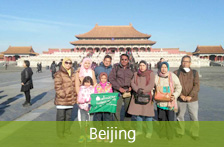
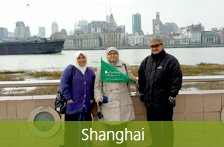
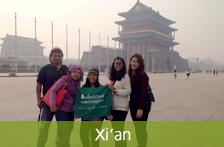
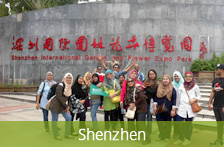

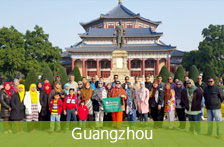
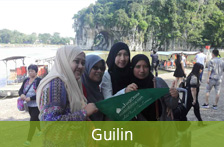
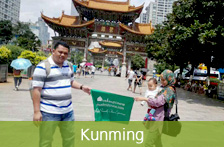
.jpg)









